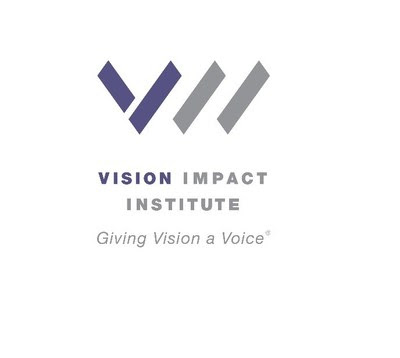Study underscores link between uncorrected poor vision and children’s potential
DALLAS, Oct. 4, 2021 /PRNewswire/ — A new study, a collaboration of the Vision Impact Institute, EdGuard Institute, and ESSILOR’s Vision for Life™ social impact fund, offers new insight into the correlation between uncorrected poor vision and children’s functional, learning, and behavioral capacities.

The study, the first of its kind conducted in Kosovo’s schools, suggests that one in three children reported difficulties seeing the board in their classroom. Findings also show that children with poor vision have a higher risk of developing incapacitating symptoms than children with good vision. These children:
- Often report headaches and eye disorders (tired, itching, burning eyes), and modify their physical behavior when learning: squinting, getting closer to the book, resting on their wrist, or sitting in the first desk.
- Have their learning capacity (reading, writing, doing homework) affected more often than children with good vision, and encounter more difficulties playing sports.
- Feel uncomfortable when playing with others, and frustrated when poor eyesight hinders completion of homework.
“This research is an important collaborative effort, because it not only addresses the issues that children with poor vision experience when learning, but also addresses the psychosocial impact that affects how children learn to interact with their peers and their environment,” says Eva Lazuka-Nicoulaud, Director, Europe and Africa.
“The baseline findings show the need to develop a sustainable roadmap and introduce policies to ensure every child has access to universal eye care services,” says Kristan Gross, Global Executive Director. “All stakeholders, parents, teachers, and eye care professionals have a role to play in creating a foundation for a healthy and productive future for children.”
About the Vision Impact Institute
The Vision Impact Institute’s mission is to raise awareness of the importance of vision correction and protection to make good vision a global priority. Its Advisory Board is comprised of four independent international experts: Pr. Clare Gilbert (United Kingdom), Mr. Allyala Nandakumar (United States), Dr. Serge Resnikoff (Switzerland), and Dr. Wang Wei (China).
The Vision Impact Institute is a registered 501(c)(3) non-profit organization, which receives support from the Vision for Life Fund from Essilor, the world leader in ophthalmic optics. The Vision Impact Institute hosts a unique database of research and advocacy tools at visionimpactinstitute.org .
Contact:
Kristan Gross
Global Executive Director
kristan.gross@
Logo – https://mma.prnewswire.com/


